A certified sommelier, Magandeep Singh found his calling in wines while working in France. In India he spends his time as a consultant with hotels and restaurants, conducts wine appreciation sessions and writes columns on wine.

Introduction
I must confess right at the outset that I was not a wine man to begin with. I still recall my initial tasting exercises at universitynot being able to tell anything about the stuff in the glass beyond the apparent colour, red or white. My first taste test was disastrous, what with me having a cold and a burnt tongue on account of a hot raclette the evening before. I failed miserably and was disheartened enough to almost give it all up and return to my beer-and-peanuts routine, or, on special days, JD Coke.
In hindsight, there could have been many reasons why I persisted in my learning process with wines: it was an evolving subject and I saw great potential for wines in India. But I would be lying if I said my reasons were anything close to commercial. I stuck with it because I was truly passionate about this beverage; I wanted to understand better what it was about wine that was so mesmerizing, so much more intoxicating than the alcohol it contained (Also, Im no quitter and would have hated to leave something midway because I wasnt up to the task.) And so I went from glass to glass, and bottle to bottle, wondering if I would ever get past my two-word descriptions of almost anythingred and wine-like.
I dont remember when exactly the transition occurredit wasnt easy or quickbut I do remember being able to decide for the first time what appealed to me in a wine and what did not. And that, friends, was the most important thing I learntto be comfortable with my choice. Many people I know drink something disagreeable but keep from voicing their discomfort for reasons of offending someone or, more likely, for fear of being different. I remember when I meekly confessed at a tasting exercise at university that a certain red wine paired wonderfully with my smoked salmon; the French students in my class sighed and nodded with the despair and pity normally reserved for someone whos dealing with things obviously way out of his league. Well, I had the last laugh when the professor chirped his approval of my observation and said that, surprised as he was, he felt the same way!
Wine Wisdom is like a log of my journey-so-far in the world of wines. Having worked both in India and abroad I have acquired a fair idea of how different people react to wines and how the same wine changes depending on where it is served and to whom. And seeing all the malarkey surrounding the subject, I feel it pertinent to not merely advise but actively advocate its cause. I am now attacking the consumer with more than just a column and corkscrew. My aim in this bookas in the tastings and dinners that I conduct and in my wine scribbles in various publicationsis to make wine popular. In a way, this is my effort at spilling the beans on whatever the snobs make wine out to be. I have included in it absolutely everything one needs to know while toying with wine and do hope that it will serve as an indispensable guide for wine evenings conducted in this country.
While I was still writing this book, a good friendof mine as well as of winesent me a review by one expert about a book on wine by another expert. The review said that most books on wine start off by saying that they are not of the run-of-the-mill category and have treated the subject differently from others (much like the Bollywood actresses who say their scenes of nudity were called for as part of the evolving script and character and have been handled sensitively!). I will only say that every writer brings to the table nothing but his own learning and ideas filtered through the fabric of his experiences and observations. One wine book, as compared to another, will be helpful in providing you with a different viewpoint and varied theories which will enable you to arrive at your own conclusions.
This book is not drastically different from any other trying to demystify wine. The biggest factor going for it is that I am an Indian and carry my local influences in whatever I see, learn or do. As a student reading books on wine, I always felt there was a certain something lost in translation from one cultural system to another. We havent grown up with wine and trying to relate to an account of it written by someone sitting across the globe doesnt help smoothen the transition much. Nobody ever thought that we whisky-soaked Indians would develop a palate for the intricate flavours of wine, but given our rich cultural background and our ability to incorporate and assimilate all things foreign without needing to shake off our indigenous influences, wine can be an easy one to swallow.
A big problem I faced while putting this book together was trying to fix the inputs in time, given the constant evolving nature of this field. I even experienced newfound sympathy for English grammarians and dictionary compilers! Wines, like languages, are evolving so fast worldwide that by the time any account is written about them and made available in the market, it is already a little dated. At the time of printing, this book is future-protected for a year at best. While a zillion new species of grapes better than Cabernet and Chardonnay might not have been discovered just yet, new brands will keep entering our markets and will find their way to our tables. Many of these you may not find in this book simply because they missed the first boat. Similarly, while we wont develop new taste buds, new chefs will conjure up innovative bites to accompany wine and pairings may become zanier than my imagination and editor have allowed here. Put otherwise, the facts wont change but the scene will evolve continuously.
So, do read this book. You may agree or disagree, criticize or commend; after all no learning is complete till you have formed an opinion which you can openly express and defend. And by all means take it all in with a pinch of salt or, better yet, with a glassful of wine.
1
To Begin With
 I ts strange how humans have always treated fermented beverages with the greatest respect while taking waterthe source of life and sustenanceutterly for granted. The way alcohol has treated us has, however, changed ever so slightly! Ancient kings and wealthy folk drank alcohol for enjoyment, today we drink to drown our sorrows; they toasted good health, we drink to improve ours; and, most important, they drank to mark their civility and the modern man makes a complete jackass of himself after a few pints! Needless to say, whatever the reason, suffering health or excess wealth, alcohol has always stood by our sidemostly to watch us collapse and crumble but sometimes, just sometimes, to see us scale new heights.
I ts strange how humans have always treated fermented beverages with the greatest respect while taking waterthe source of life and sustenanceutterly for granted. The way alcohol has treated us has, however, changed ever so slightly! Ancient kings and wealthy folk drank alcohol for enjoyment, today we drink to drown our sorrows; they toasted good health, we drink to improve ours; and, most important, they drank to mark their civility and the modern man makes a complete jackass of himself after a few pints! Needless to say, whatever the reason, suffering health or excess wealth, alcohol has always stood by our sidemostly to watch us collapse and crumble but sometimes, just sometimes, to see us scale new heights.

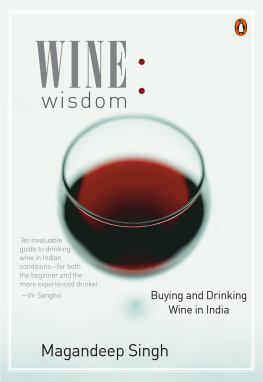



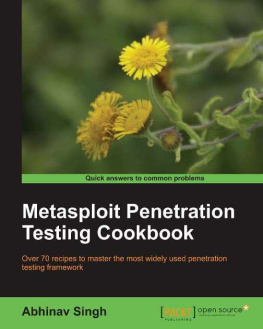
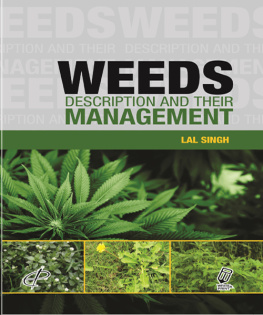



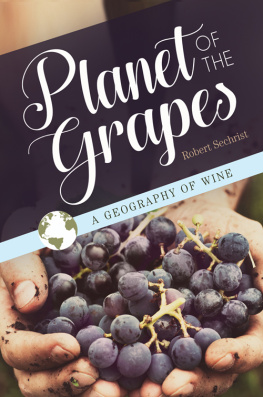

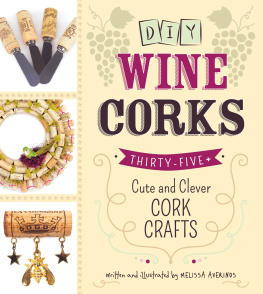
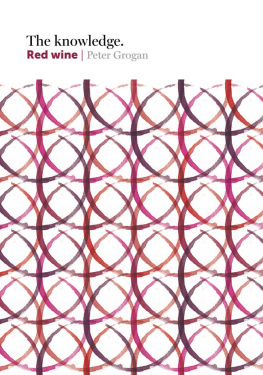
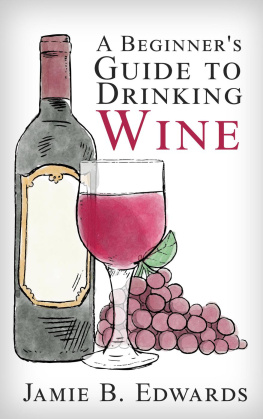

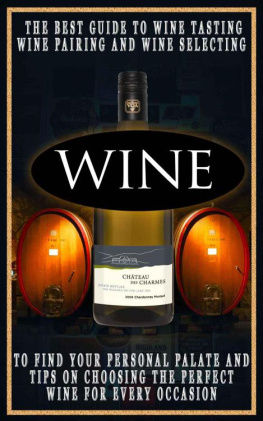
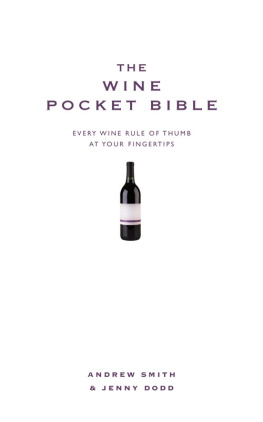





 Introduction
Introduction
 I ts strange how humans have always treated fermented beverages with the greatest respect while taking waterthe source of life and sustenanceutterly for granted. The way alcohol has treated us has, however, changed ever so slightly! Ancient kings and wealthy folk drank alcohol for enjoyment, today we drink to drown our sorrows; they toasted good health, we drink to improve ours; and, most important, they drank to mark their civility and the modern man makes a complete jackass of himself after a few pints! Needless to say, whatever the reason, suffering health or excess wealth, alcohol has always stood by our sidemostly to watch us collapse and crumble but sometimes, just sometimes, to see us scale new heights.
I ts strange how humans have always treated fermented beverages with the greatest respect while taking waterthe source of life and sustenanceutterly for granted. The way alcohol has treated us has, however, changed ever so slightly! Ancient kings and wealthy folk drank alcohol for enjoyment, today we drink to drown our sorrows; they toasted good health, we drink to improve ours; and, most important, they drank to mark their civility and the modern man makes a complete jackass of himself after a few pints! Needless to say, whatever the reason, suffering health or excess wealth, alcohol has always stood by our sidemostly to watch us collapse and crumble but sometimes, just sometimes, to see us scale new heights.